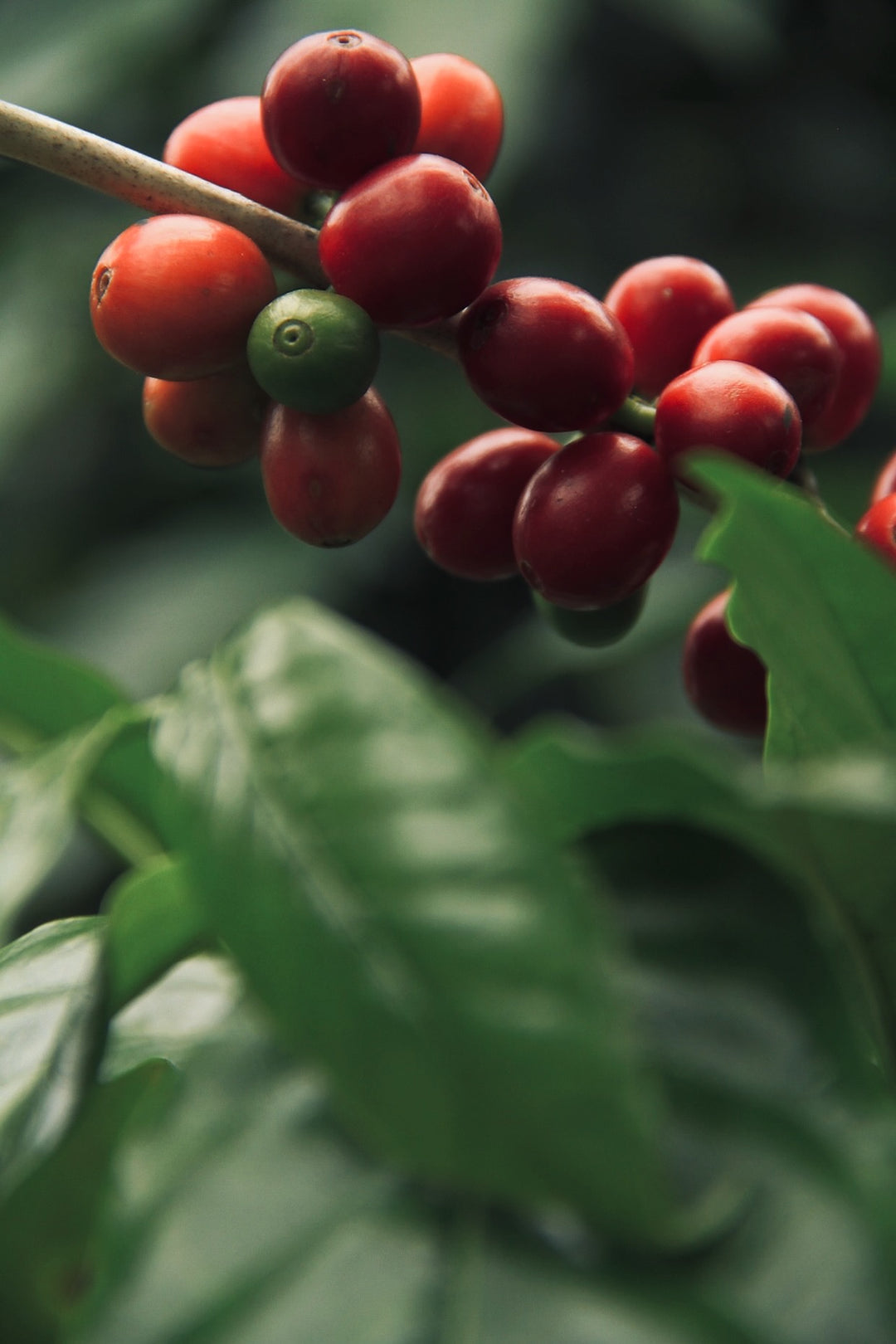Established in 2010, the Testi Ayla Washing Station became part of Testi Coffee, a family-owned company founded by Faysel Abdosh in 2016. It now supports about 375 smallholder farmers from Bombe village in Sidama, near Bombe Mountain. These farmers, each owning an average of 2.5 hectares, cultivate local coffee varieties such as Mikicho and Setami.
In Ethiopia, coffee is traditionally grown on small plots alongside other crops. Most smallholders deliver their harvested coffee cherries to nearby washing stations or central processing units, where the cherries are sorted, weighed, and either paid for or given a receipt. The washing stations handle the coffee processing, typically using washed or natural methods, and dry the beans on raised beds.
Washing stations often serve several hundred, if not thousands, of producers who bring their cherries throughout the harvest season. Due to the blending of cherries from various producers into day lots, it is challenging to trace the exact origin of the coffee from any individual farmer. Despite this, we make every effort to maintain relationships with the same washing stations each year, working closely with our export partners and their connections to mills and washing stations to ensure consistency.
Farmers in this region typically do not have access to chemical fertilisers or pesticides, resulting in organic coffee production by default.

